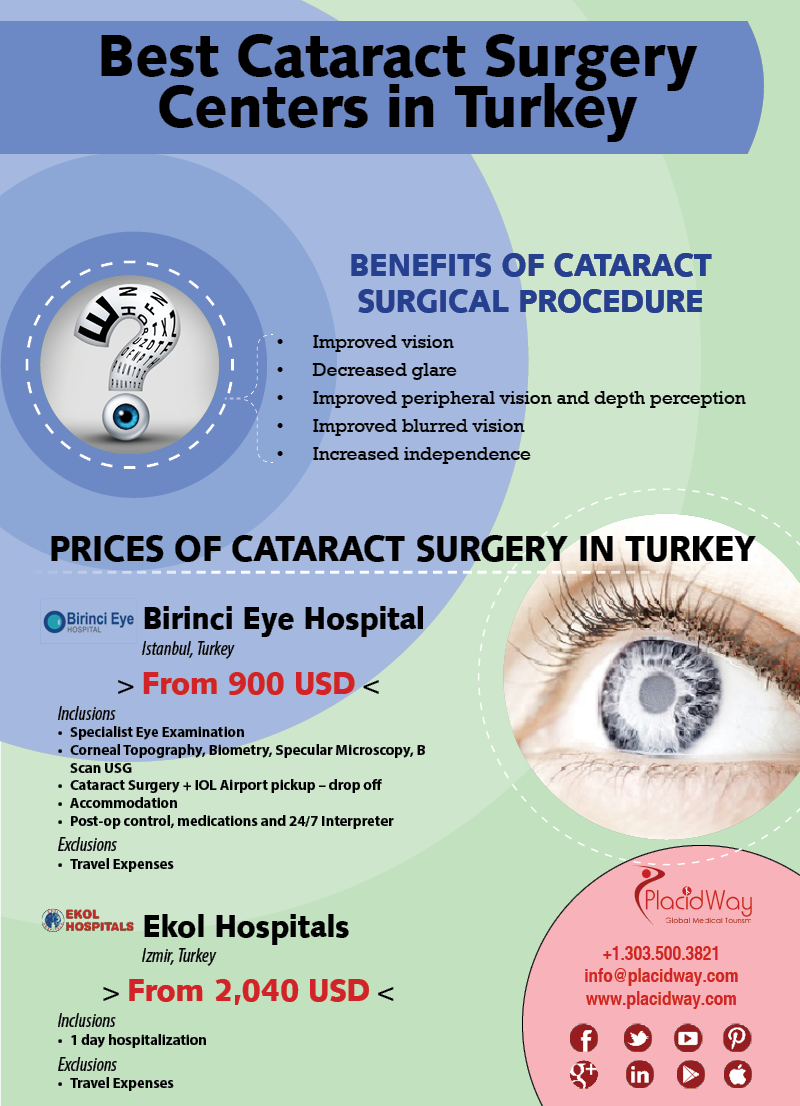Unsure About SMILE Surgical Procedure? Explore Necessary Elements And Understandings That Will Certainly Assist You In Making An Educated Choice Regarding Your Vision's Future
Unsure About SMILE Surgical Procedure? Explore Necessary Elements And Understandings That Will Certainly Assist You In Making An Educated Choice Regarding Your Vision's Future
Blog Article
Posted By-Clay Cochran
If you're considering SMILE eye surgical procedure, consider this: are you prepared to accept prospective aesthetic freedom, or does the idea of any kind of dangers make you think twice? Your choice will rest on a cautious equilibrium of weighing the advantages against the uncertainties. It's important to dive deeper right into the nuances of SMILE surgical procedure to make an informed choice that lines up with your aesthetic objectives.
Understanding SMILE Eye Surgery
When taking into consideration SMILE Eye Surgery, it is very important to understand the treatment and its benefits. SMILE, which represents Small Incision Lenticule Removal, is a minimally intrusive laser eye surgical procedure that deals with usual vision problems like nearsightedness (nearsightedness).
Throughout the treatment, your eye surgeon will certainly utilize a femtosecond laser to develop a small incision in your cornea. Through this incision, a little disc of tissue called a lenticule is removed, reshaping the cornea and remedying your vision.
One of the key advantages of SMILE Eye Surgical treatment is its quick healing time. Several clients experience boosted vision within a day or more after the procedure, with minimal discomfort.
Furthermore, SMILE is recognized for its high success rate in providing long-term vision correction. Unlike check this site out , SMILE does not call for the production of a flap in the cornea, lowering the threat of difficulties and allowing for a much more secure corneal framework post-surgery.
Comprehending the treatment and its benefits is important when taking into consideration SMILE Eye Surgical treatment for vision improvement.
Advantages and disadvantages of SMILE
Taking Into Consideration SMILE Eye Surgery for vision improvement features various benefits and potential drawbacks.
Among the major pros of SMILE is its minimally invasive nature, as it involves a tiny cut and typically results in quick recovery times. The procedure is additionally recognized for causing minimal discomfort and dry eye signs post-surgery contrasted to various other vision adjustment methods. Furthermore, SMILE has been revealed to supply excellent visual end results, with several individuals achieving 20/20 vision or far better.
On the other hand, a potential con of SMILE is that it may not appropriate for people with serious refractive mistakes, as the therapy array is rather limited contrasted to LASIK. One more consideration is that the knowing curve for cosmetic surgeons executing SMILE can affect the schedule of experienced providers in specific locations.
It is necessary to weigh these advantages and disadvantages thoroughly when deciding if SMILE is the appropriate selection for your vision adjustment needs.
Establishing Qualification for SMILE
To figure out if you're eligible for SMILE eye surgery, your eye doctor will certainly carry out a complete evaluation of your eye health and vision demands. Throughout this assessment, aspects such as the security of your vision prescription, the density of your cornea, and the overall wellness of your eyes will certainly be assessed.
Generally, https://www.ophthalmologytimes.com/view/research-femtosecond-lasers-challenge-phacoemulsification for SMILE are over 22 years of ages, have a steady vision prescription for at the very least a year, and have healthy corneas without problems like keratoconus.
Your ophthalmologist will certainly additionally consider your overall eye health, any type of existing eye problems, and your lifestyle needs to determine if SMILE is the best option for you. It's vital to communicate any certain visual requirements or issues you may have during this assessment to make certain that the therapy lines up with your assumptions.
If you aren't eligible for SMILE, your optometrist might suggest alternate vision correction choices that much better suit your private requirements and eye health status.
Verdict
Ultimately, choosing whether SMILE eye surgery is right for you calls for careful consideration of your private eye health and visual needs. Seek advice from your optometrist to establish your qualification for the treatment and weigh the possible advantages and disadvantages. Remember to communicate any worries or concerns you might have throughout the evaluation process to make an educated decision concerning your vision correction options.
